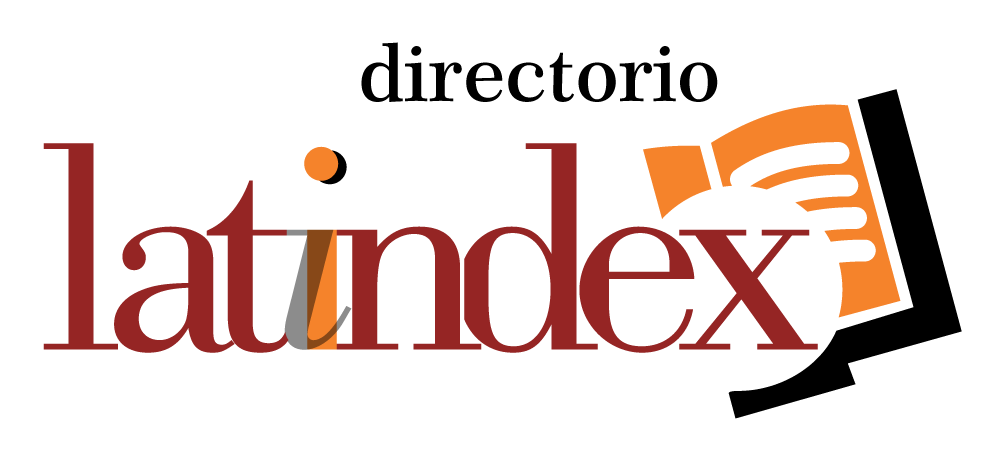Predictive Analytics in Education: Modeling the Complex Relationship Between Learning Modalities and Student Well-being
DOI:
https://doi.org/10.56294/ai2025203Keywords:
Student success, Impact of school mental health prevention and intervention, Research directionAbstract
Introduction: This study examines publication trends related to student stress and mental health during online learning periods, while exploring opportunities for curriculum innovation in post-pandemic education. Method; The research utilizes a Kaggle-sourced dataset comprising survey responses from 1,000 students about their psychological well-being during remote education. This rich dataset includes ten variables capturing demographic information, lifestyle patterns, and self-assessed mental health metrics, providing valuable material for comprehensive data exploration, visualization, and predictive analysis of digital learning's psychological impacts. Beyond immediate stress assessment, the data enables investigation of broader themes including educational technology adaptation, sleep disruption, social isolation, stress perception, and emotional coping mechanisms.
Result: The findings highlight the urgent need for educational systems to develop flexible curricula that address both pandemic-era challenges and evolving post-COVID learning environments.
Conclusion: The study proposes curriculum frameworks that integrate mental health support with academic content, preparing institutions for future disruptions while promoting student resilience in hybrid learning settings.
References
1. Harsha R, Bai T. Covid-19 lockdown: challenges to higher education. Cape Comorin. 2020;2(4):26–8.
2. Student Mental Health Analysis [Internet]. Available from: https://www.kaggle.com/datasets/utkarshsharma11r/student-mental-health-analysis?resource=download
3. Hebebci MT, Bertiz Y, Alan S. Investigation of views of students and teachers on distance education practices during the coronavirus (COVID-19) pandemic. Int J Technol Educ Sci. 2020;4(4):267–82. DOI: https://doi.org/10.46328/ijtes.v4i4.113
4. Haque MA, Haque S, Zeba S, Kumar K, Ahmad S, Rahman M, et al. Sustainable and efficient E-learning internet of things system through blockchain technology. E-Learning Digit Media [Internet]. 2023;0(0):1–20. Available from: https://journals.sagepub.com/doi/abs/10.1177/20427530231156711
5. Haque MA, Sonal D, Haque S, Rahman M, Kumar K. Learning management system empowered by machine learning. In: AIP Conference Proceedings. AIP Publishing LLC; 2022. p. 20085. DOI: https://doi.org/10.1063/5.0074278
6. Haque MA, Sonal D, Haque S, Kumar K, Rahman M. The Role of Internet of Things (IoT) to Fight against Covid-19. In: Proceedings of the International Conference on Data Science, Machine Learning and Artificial Intelligence [Internet]. New York, NY, USA: ACM; 2021. p. 140–6. Available from: https://dl.acm.org/doi/10.1145/3484824.3484900 DOI: https://doi.org/10.1145/3484824.3484900
7. Haque S, Haque MA, Kumar D, Mishra K, Islam F, Ahmad S, et al. Assessing the Impact of IoT Enabled E-Learning System for Higher Education. SN Comput Sci [Internet]. 2023;4(5):459. Available from: https://doi.org/10.1007/s42979-023-01860-8 DOI: https://doi.org/10.1007/s42979-023-01860-8
8. Prakash A, Haque A, Islam F, Sonal D. Exploring the Potential of Metaverse for Higher Education: Opportunities, Challenges, and Implications. Metaverse Basic Appl Res [Internet]. 2023 Apr 26;2(SE-Reviews):40. Available from: https://mr.saludcyt.ar/index.php/mr/article/view/40 DOI: https://doi.org/10.56294/mr202340
Downloads
Published
Issue
Section
License
Copyright (c) 2025 Shailini Dixit, Md. Alimul Haque, Priya Darshini (Author)

This work is licensed under a Creative Commons Attribution 4.0 International License.
The article is distributed under the Creative Commons Attribution 4.0 License. Unless otherwise stated, associated published material is distributed under the same licence.






